Sale!
Aglaonema ‘bleeding angel heart’ (small single plant)
Original price was: ₹600.₹139Current price is: ₹139.
Out of stock
Email when stock available
Description
The Aglaonema ‘Bleeding Angel Heart’ is a striking and relatively rare variety of the Aglaonema species, known for its unique and colorful foliage. Here are the details about its characteristics and care requirements:
Description
- Foliage: The ‘Bleeding Angel Heart’ has stunning, vibrant leaves with a mix of green, red, and pink hues. The striking patterns and colors make it a standout in any indoor plant collection.
- Size: Like other Aglaonema varieties, it typically grows to about 1-2 feet in height and spreads out similarly.
Care Instructions
- Light: Prefers low to medium indirect light. It can adapt to lower light conditions but displays the best color in brighter, indirect light. Avoid direct sunlight to prevent leaf scorching.
- Watering: Keep the soil consistently moist but not waterlogged. Allow the top inch of soil to dry out between waterings. Overwatering can lead to root rot.
- Temperature: Thrives in temperatures between 65-80°F (18-27°C). Protect from cold drafts and sudden temperature changes.
- Humidity: Enjoys high humidity. Mist the leaves regularly or place a humidifier nearby, especially in dry indoor environments.
- Soil: Use well-draining potting soil. A mix of peat, perlite, and standard potting soil works well to ensure good drainage.
- Fertilizer: Feed with a balanced, water-soluble fertilizer every 4-6 weeks during the growing season (spring and summer).
Benefits
- Air Purification: Known for its air-purifying qualities, the Aglaonema ‘Bleeding Angel Heart’ helps remove toxins from the indoor air, promoting a healthier living environment.
- Aesthetic Appeal: Its colorful and unique foliage adds a decorative touch to any room, making it a popular choice for interior decoration.
Common Issues
- Yellow Leaves: Typically a sign of overwatering or poor drainage. Ensure the pot has adequate drainage and adjust your watering schedule.
- Brown Leaf Tips: This can be caused by low humidity or over-fertilization. Increase humidity levels and check your fertilizing routine.
- Pests: Watch out for common houseplant pests like spider mites and aphids. Regularly inspect the plant and treat any infestations promptly with insecticidal soap or neem oil.
Only logged in customers who have purchased this product may leave a review.

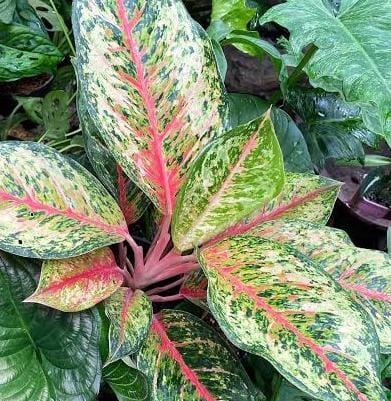
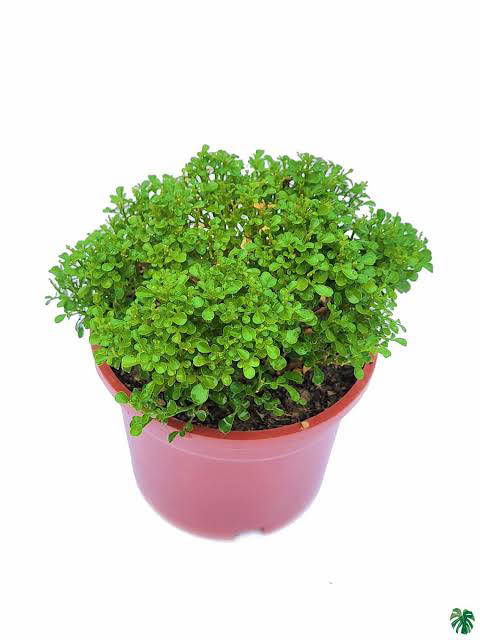
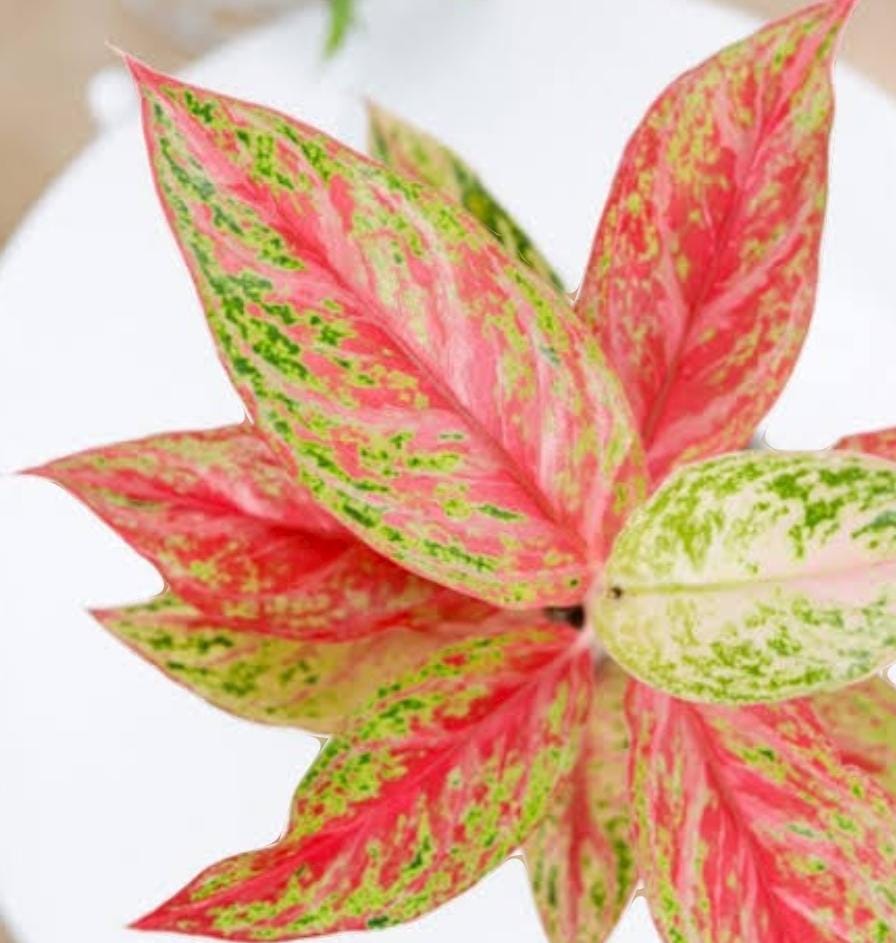
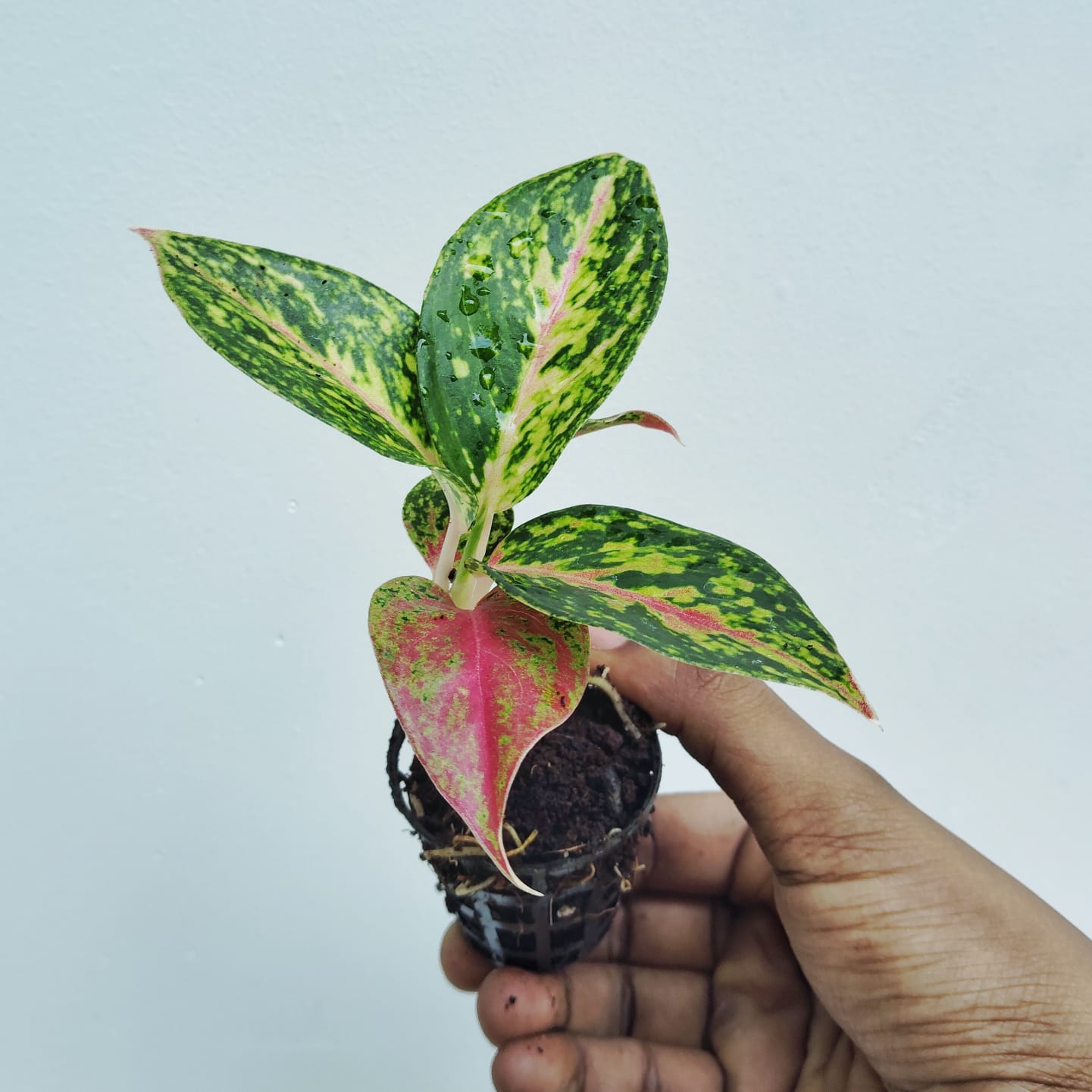
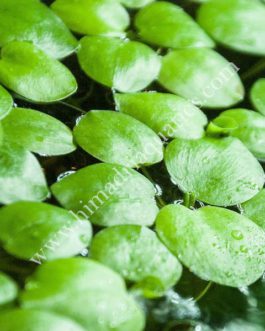
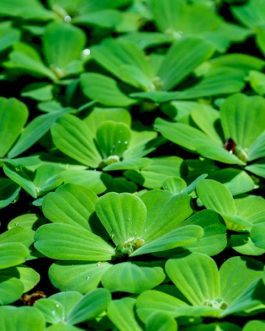
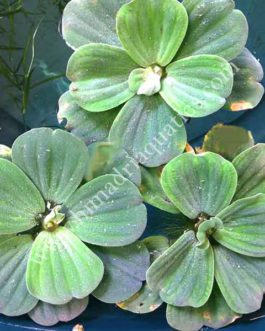
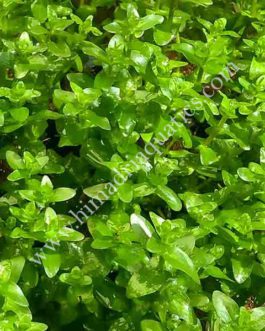
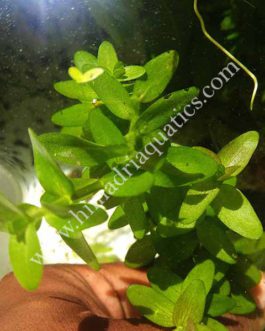
Reviews
There are no reviews yet.